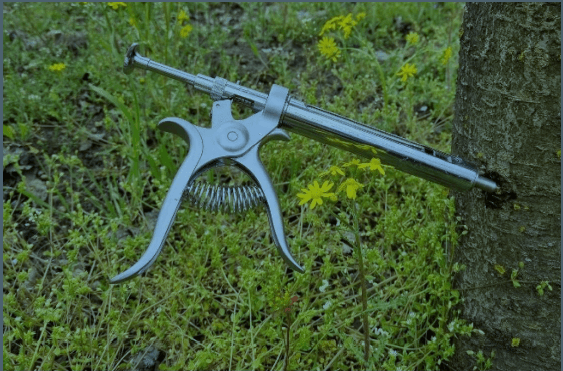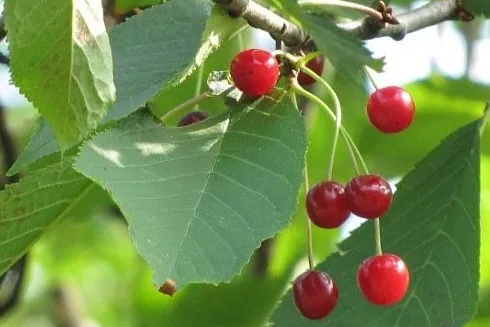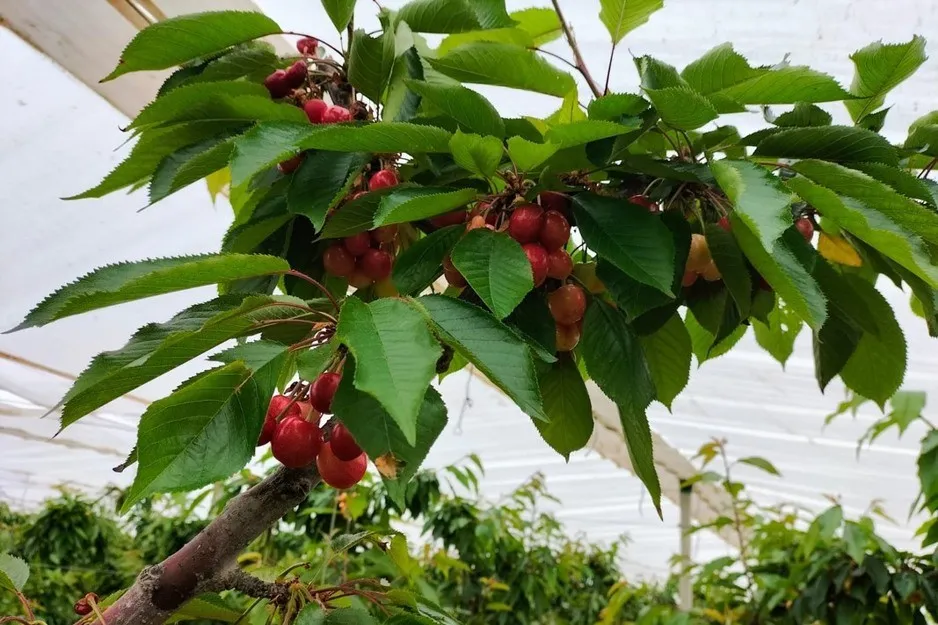The cherry fruit fly (Rhagoletis cerasi) represents a serious threat to cherry production across Europe. Traditional control methods often involve multiple foliar sprays of insecticides, which can be ineffective and pose environmental risks. A potential alternative is the direct delivery of pesticides into the tree trunk (through the tree's vascular system) via injection. According to the authors, this method promises to improve the effectiveness of R. cerasi control while simultaneously reducing environmental impact.
In an in-depth study conducted by Gyuris and colleagues from the University of Budapest (Hungary), the effectiveness of trunk injections was evaluated using four different pesticides: abamectin, acetamiprid, flupyradifurone, and cyantraniliprole, against Rhagoletis cerasi. Among these, acetamiprid emerged as the most promising candidate.
When injected at a minimum dose of 0.56 grams per tree, acetamiprid ensured over 95% control of the cherry fruit fly. Interestingly, this level of efficacy was comparable to that achieved with traditional foliar applications at the same dosage, and the residue levels in the fruits were below the maximum permissible limits.
Trunk injections offer advantages over foliar applications, such as ensuring precise delivery of the active ingredient, reducing product waste, and minimizing drift that can affect non-target organisms. This method is particularly beneficial in controlling pests like the cherry fruit fly, which resides inside the fruit, making it less accessible to surface-applied pesticides. Moreover, trunk injections can provide prolonged protection, potentially reducing the frequency of applications needed throughout the season.
However, not all tested pesticides were suitable for trunk injection. Abamectin, flupyradifurone, and cyantraniliprole did not demonstrate practical effectiveness through this delivery method. The reasons for their limited success include issues with translocation within the tree and inadequate systemic activity against the target pest. This highlights the importance of selecting appropriate products that are compatible with the trunk injection technique to ensure effective control.
 Image 1: Trunk injection (Budapest, 2022).
Image 1: Trunk injection (Budapest, 2022).
The study highlights the potential of acetamiprid trunk injections as a viable and efficient method for managing R. cerasi. This approach aligns with the principles of Integrated Pest Management (IPM) by reducing the use of pesticides and optimizing applications. As environmental concerns and regulatory pressures on the use of pesticides grow, methods like trunk injection could play a crucial role, despite the various technical challenges in application that may currently limit the adoption of this technique.
In conclusion, while acetamiprid trunk injection shows great potential for controlling the cherry fruit fly, further research and development are needed to refine this technique and explore its applicability to other pests and crops. In the future, it might be possible to implement this technique through autonomous robots, potentially using multiple active ingredients at the same time.
Source: Gyuris R, Szabó Á, László AM, Gutermuth Á, Sörös C. (2024). An Evaluation of Insecticidal Trunk Injections for the Control of the European Cherry Fruit Fly Rhagoletis cerasi L. (Diptera: Tephritidae). Horticulturae. 10(3):278. https://doi.org/10.3390/horticulturae10030278.
Andrea Giovannini
University of Bologna (IT)
Cherry Times - All rights reserved











